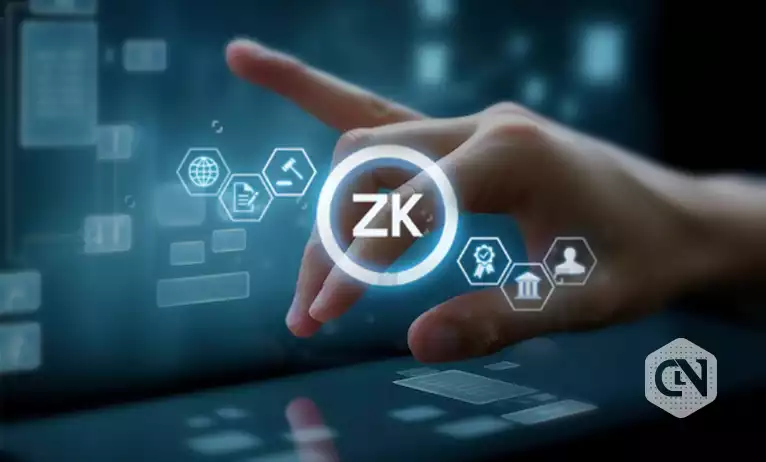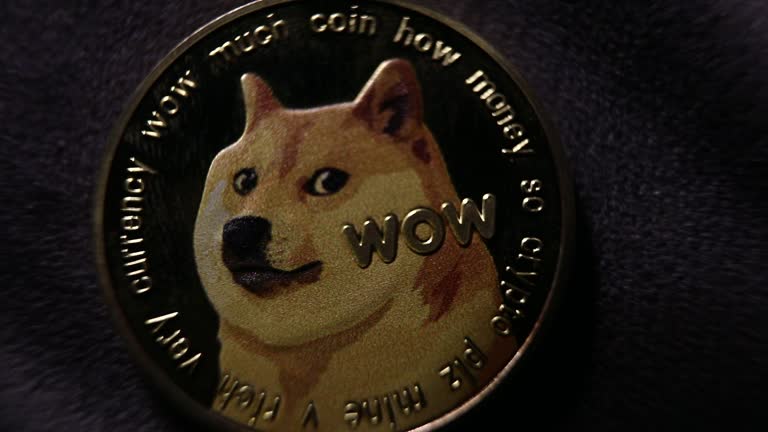Alex Gluchowski: Intellectual Property Debate
Background
Alex Gluchowski, the chief executive officer of Matter Labs, has recently sparked controversy within the Ethereum community by taking a stand against the concept of intellectual property. Matter Labs, a prominent player in the blockchain space, has been pushing to claim ‘zero knowledge’ as its intellectual property, much to the dismay of other industry leaders.
Opposition from Ethereum Projects
Notable Ethereum-related projects such as StarkWare, Polygon, and Polyhedra have openly criticized Matter Labs’ attempts to monopolize the concept of ‘zero knowledge.’ A joint statement signed by industry insiders has raised concerns about the potential negative impact of allowing one entity to control such a fundamental aspect of blockchain technology.
Many in the community argue that the ethos of decentralization and open-source collaboration should prevail in the development of blockchain technologies. By attempting to assert ownership over ‘zero knowledge,’ Matter Labs is seen as going against these principles and hindering innovation and progress in the industry.
How Does This Affect Me?
As a blockchain enthusiast or developer, the debate surrounding intellectual property in the industry could have significant implications for your work. If Matter Labs is successful in claiming ‘zero knowledge’ as its intellectual property, it could restrict access to essential tools and technologies, potentially limiting the ability of developers to innovate and create new solutions.
Additionally, the controversy may lead to a rift in the Ethereum community, with different projects taking sides on the issue. This could impact collaboration and cooperation within the ecosystem, making it more challenging to work together towards common goals.
Global Impact
On a broader scale, the debate over intellectual property in the blockchain industry reflects larger issues surrounding innovation, competition, and regulation in the tech sector. The outcome of this dispute could set a precedent for how intellectual property rights are handled in emerging technologies, shaping the future of innovation and entrepreneurship in the digital age.
The stance taken by Matter Labs and the response from other industry players could influence the direction of blockchain development and the broader tech industry as a whole. How the community resolves this conflict will have far-reaching implications for the future of decentralized technologies and the ethos of open collaboration.
Conclusion
In conclusion, the debate over intellectual property in the blockchain industry highlights the tension between competition and collaboration, innovation and regulation. As the industry continues to evolve, it will be crucial to find a balance that promotes both innovation and openness, allowing for the continued growth and development of blockchain technologies.





